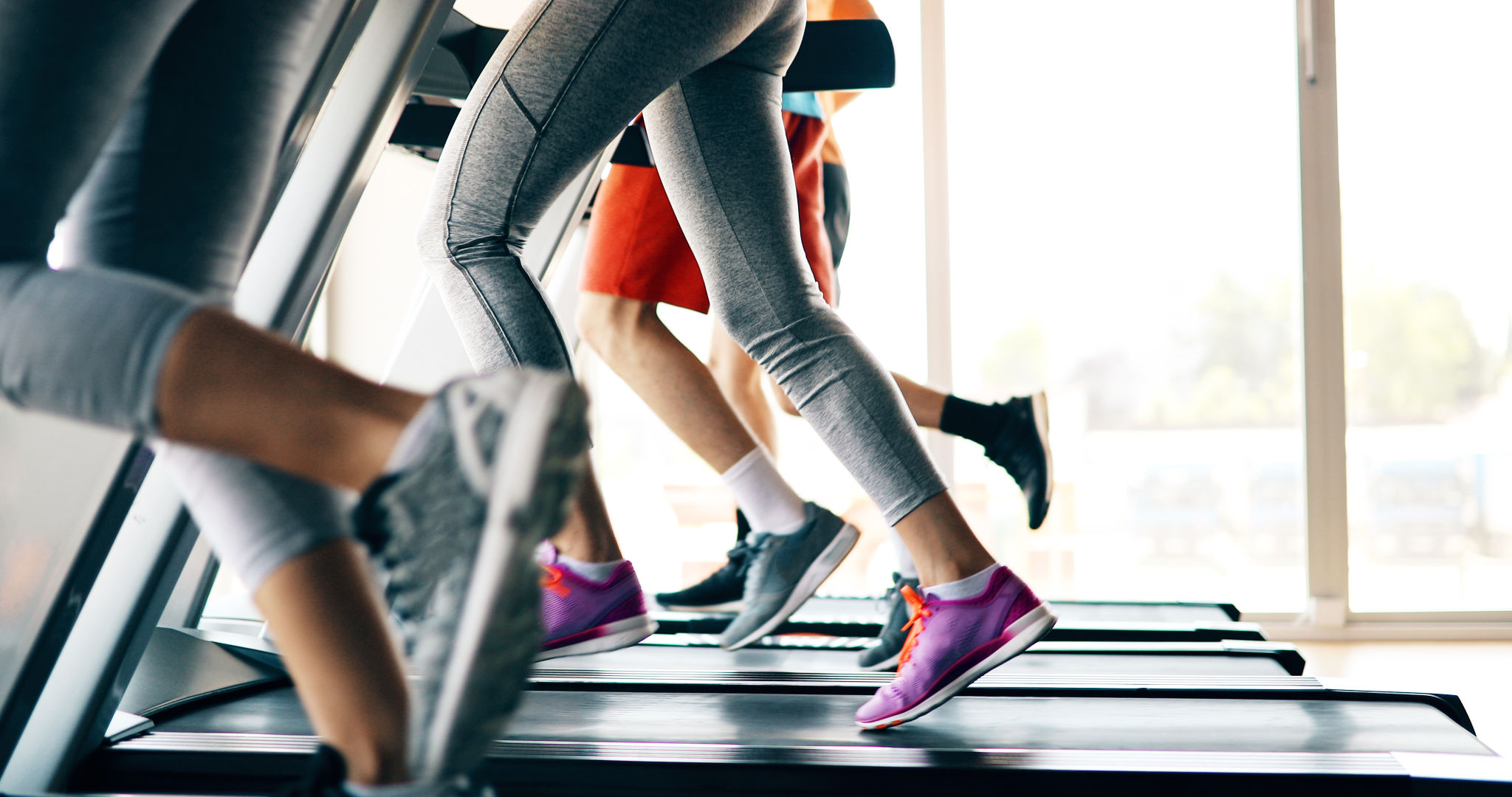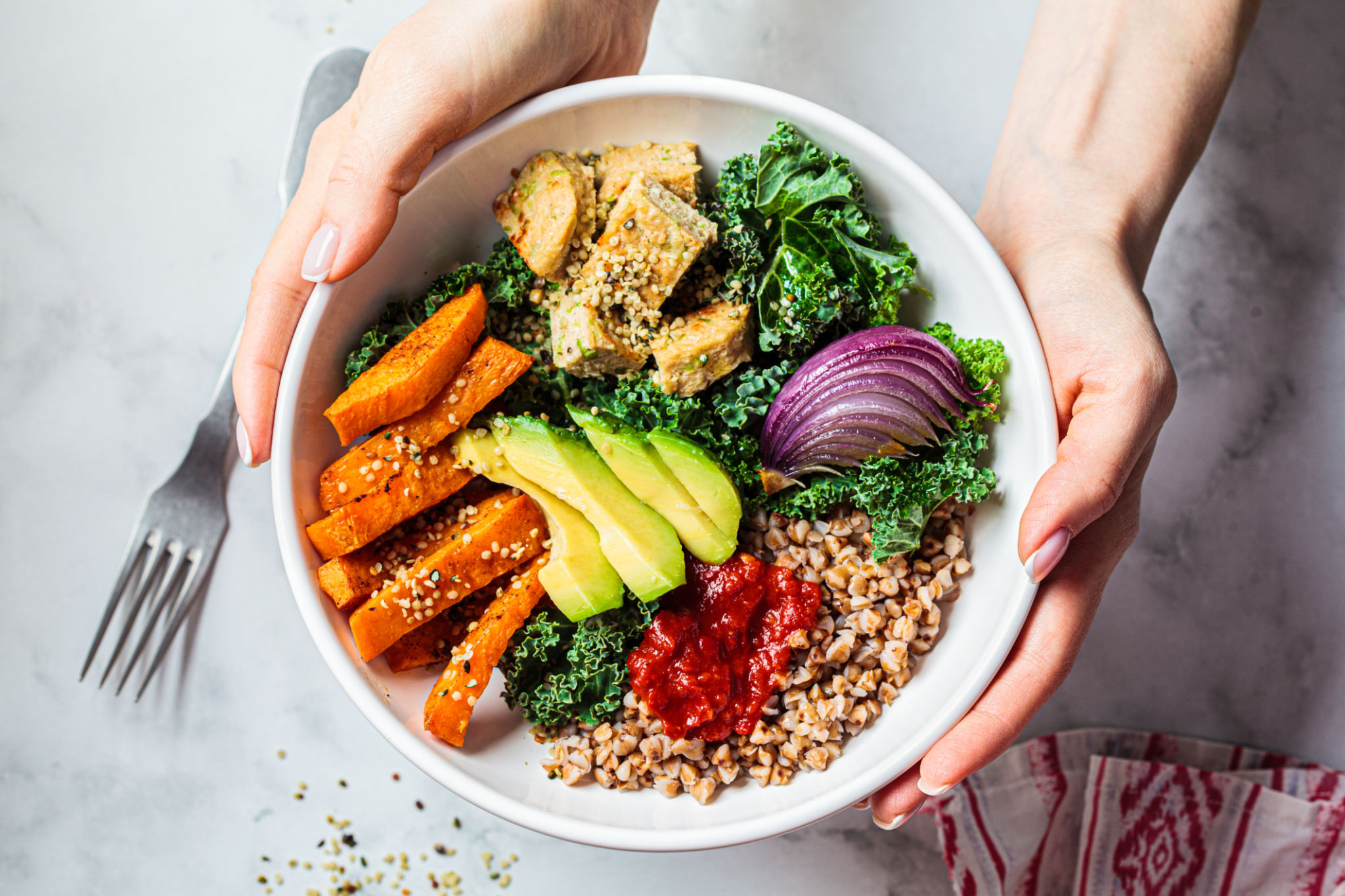Preparing for a London Marathon: Training Tips and Essential Gear
Setting Your Training Plan
Preparing for the London Marathon requires a well-thought-out training plan. It’s essential to gradually increase your mileage to avoid injuries. Typically, a marathon training plan lasts between 16 and 20 weeks. During this period, you should focus on building endurance, strength, and speed. Incorporating rest days and cross-training activities such as swimming or cycling can also help improve your overall fitness and prevent burnout.

Building Endurance
Endurance is crucial for marathon running. To build it, include long runs in your weekly routine. These should be done at a slower pace, allowing your body to adapt to the increased distance. As your training progresses, aim to complete at least one run of 20 miles or more. This will prepare you mentally and physically for race day.
Speed Workouts
Speed workouts are essential for improving your pace and overall performance. Incorporate interval training, tempo runs, and hill workouts into your routine. These exercises increase your aerobic capacity and make running at your goal pace feel more comfortable. Remember to start slowly and gradually increase the intensity to prevent injuries.

Choosing the Right Gear
Having the right gear is as important as your training plan. A good pair of running shoes is a must. They should provide adequate support and cushioning for long-distance running. Visit a specialty store for a gait analysis to find shoes that best suit your running style.
Apparel and Accessories
Opt for moisture-wicking clothing to keep you dry and comfortable during your runs. Consider investing in compression gear, which can help with muscle support and recovery. Don't forget accessories like a running belt for essentials, a cap or sunglasses for sun protection, and reflective gear if you’re running in low-light conditions.

Technology and Gadgets
Technology can be a great ally in your training. A GPS watch or fitness tracker can monitor your pace, distance, and heart rate, providing valuable data to optimize your performance. There are also numerous running apps available that offer guided workouts, training plans, and virtual coaching.
Nutritional Needs and Hydration
Your diet plays a crucial role in your marathon preparation. Focus on consuming a balanced diet rich in carbohydrates, proteins, and fats. Carbohydrates are especially important as they are the primary fuel source for long-distance runs. Stay hydrated by drinking water throughout the day and consider using electrolyte drinks during longer training sessions.

Race Day Nutrition
On race day, avoid trying anything new. Stick to familiar foods that you have tested during training. Have a light meal rich in carbohydrates about two to three hours before the race starts. During the marathon, energy gels or bars can provide an extra boost when needed.
Mental Preparation
Mental preparation is just as crucial as physical training. Visualize yourself crossing the finish line and achieve your goal. Techniques such as deep breathing exercises, meditation, and positive self-talk can help manage pre-race nerves and keep you focused during the marathon.
By following these tips and adequately preparing both physically and mentally, you'll be ready to take on the London Marathon with confidence. Remember that every runner's journey is unique, so listen to your body and adapt your training plan as needed.
